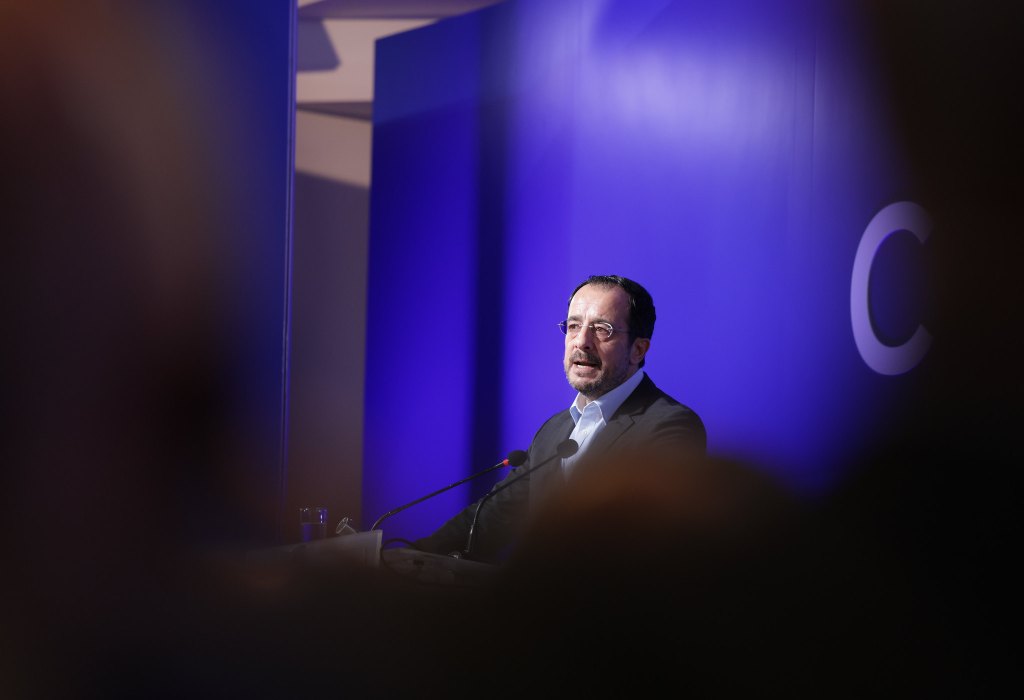This valuable session with regulators, at the must-attend event for surveillance experts on the sell side and buy side, was billed as crystal ball gazing but offered much more than fantasy from the influential speakers on the panel.
On the panel were Jamie Bell, Head of Secondary Market Oversight,
Register for free to keep reading
To continue reading this article and unlock full access to GRIP, register now. You’ll enjoy free access to all content until our subscription service launches in early 2026.
- Unlimited access to industry insights
- Stay on top of key rules and regulatory changes with our Rules Navigator
- Ad-free experience with no distractions
- Regular podcasts from trusted external experts
- Fresh compliance and regulatory content every day













